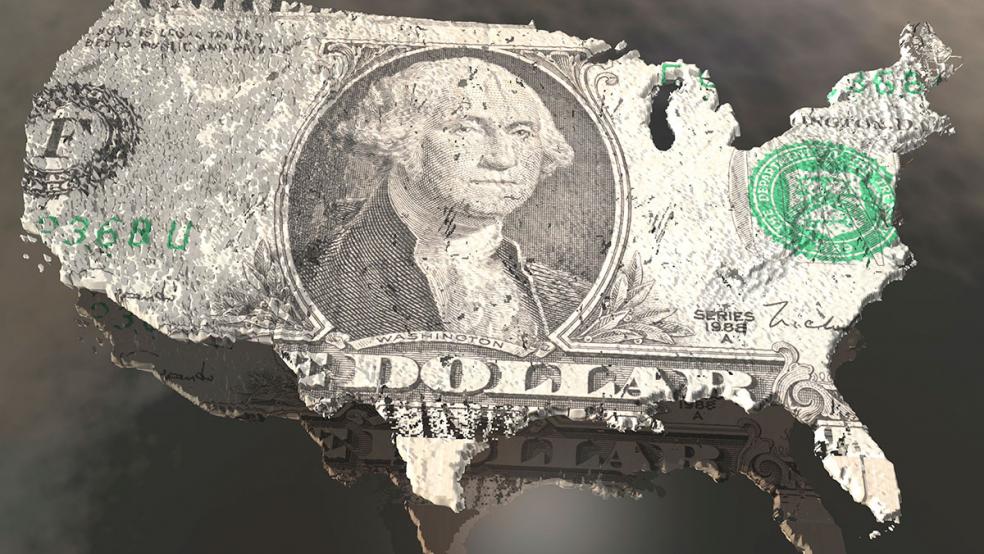One of the great worries policymakers had when the coronavirus pandemic sent the U.S. economy spiraling into a recession in early 2020 was the inevitable flood of red ink at the state and local level that could drag on the ensuing recovery for years, as occurred in the aftermath of the Great Recession. But that worry turns out to have been unwarranted. As The Hill’s Reid Wilson reports Monday, many states are reporting surging tax receipts and record revenues as the economic recovery from Covid-19 gathers strength.
According to the National Conference of State Legislatures, 25 states now say their revenues will exceed projections this year, and another 17 say they would be on target. Sales tax revenues will come in higher than expected in a majority of states, with some states raising their estimates as the year goes on.
States have done “a total 180 from where we were at the start of the pandemic,” Erica MacKellar of NCSL told Wilson. “This quick rebound is really positive for states.”
One big factor in the unexpected growth in revenues has been the powerful but temporary federal aid delivered during the pandemic. In addition to record levels of direct aid to state and local governments, a variety of federal programs – including stimulus checks, enhanced unemployment, refundable child tax credits and small business loans – created a surge in individual incomes that helped generate record tax revenues.
Strong growth – for now: According to an analysis by Pew Charitable Trusts, many states have seen not just higher-than-expected revenues, but also rates of revenue growth that exceed pre-pandemic rates. Those increases, however, are expected to moderate as federal programs end and the bounce from reopening the economy becomes less pronounced.
Given the high variability of state revenues, which tend to wax and wane with the economy, some experts are advising states to be careful with how they handle their windfalls. Lucy Dadayan of the Urban-Brookings Tax Policy Center warns that the revenue surge could be short-lived, driven by the temporary aid programs and a short-term change in behavior as consumers focused more on goods than services during the pandemic.
Notably, that short-lived surplus in tax revenues probably won’t form a solid basis for tax cuts, as many states are planning. “This year’s large surpluses can quickly turn to shortfalls in the wake of permanent tax cuts,” Dadayan says.



